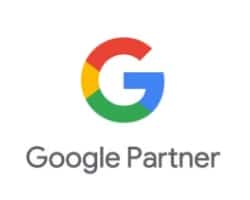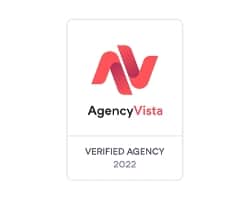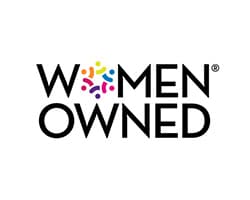Accounts setup and campaign identification. Google has recently made changes to their Google AdWords interface by creating what they have dubbed the “My Client Center” or MCC. MCC allows users to create one AdWords account and manage multiple sub accounts within that account. This process has streamlined efficiency and allows companies to now manage multiple accounts without creating separate master accounts.
Once you have established your master account and respective sub accounts, you can begin setting up specific campaigns. Google offers a variety of campaign types from display campaigns, video campaigns, and pay-per-click campaigns. While this blog focuses specifically on PPC, play around with the different campaign types to learn how they can support your business’s marketing efforts.
Keyword research. Many of us know the old saying “cash is king”. However, when it comes to PPC “keywords are king”. Keywords serve as the foundation of your campaigns and are the driving force behind the success or failure of a campaign. What is a keyword? A keyword is a search word or term that is relative to your business.
For example, if you’re a college or university you may use “bachelor degree programs” as a keyword. We know what you’re thinking, keyword is singular and we just listed three words. The more descriptive your keywords can be, the stronger your campaign is. When you develop keywords, try to be as descriptive as possible to what you think potential customers may search for.
Advertisement creation. Once you have identified your keywords, established your budget, and overcome acronyms like CPM and CPC, you are ready to create your advertisements. Google ranks the strength of advertisements in a number of ways. Of these, the most important is how closely your advertisement relates to the original search term and the content of your landing page.
You can monitor your advertisements’ quality through the campaign dashboard. Google will rank ads on a scale of 1 to 10, 1 being the worst and 10 being the best. This allows you to continuously edit and strengthen your ads for optimal performance.
While the three areas we covered today are just the tip of the iceberg, they provide a great start to understanding and implementing a PPC campaign. Google also provides numerous learning tools and detailed lessons to help individuals learn the ins-and-outs of Google AdWords.
How does your company use PPC? What tactics have you found successful?

























